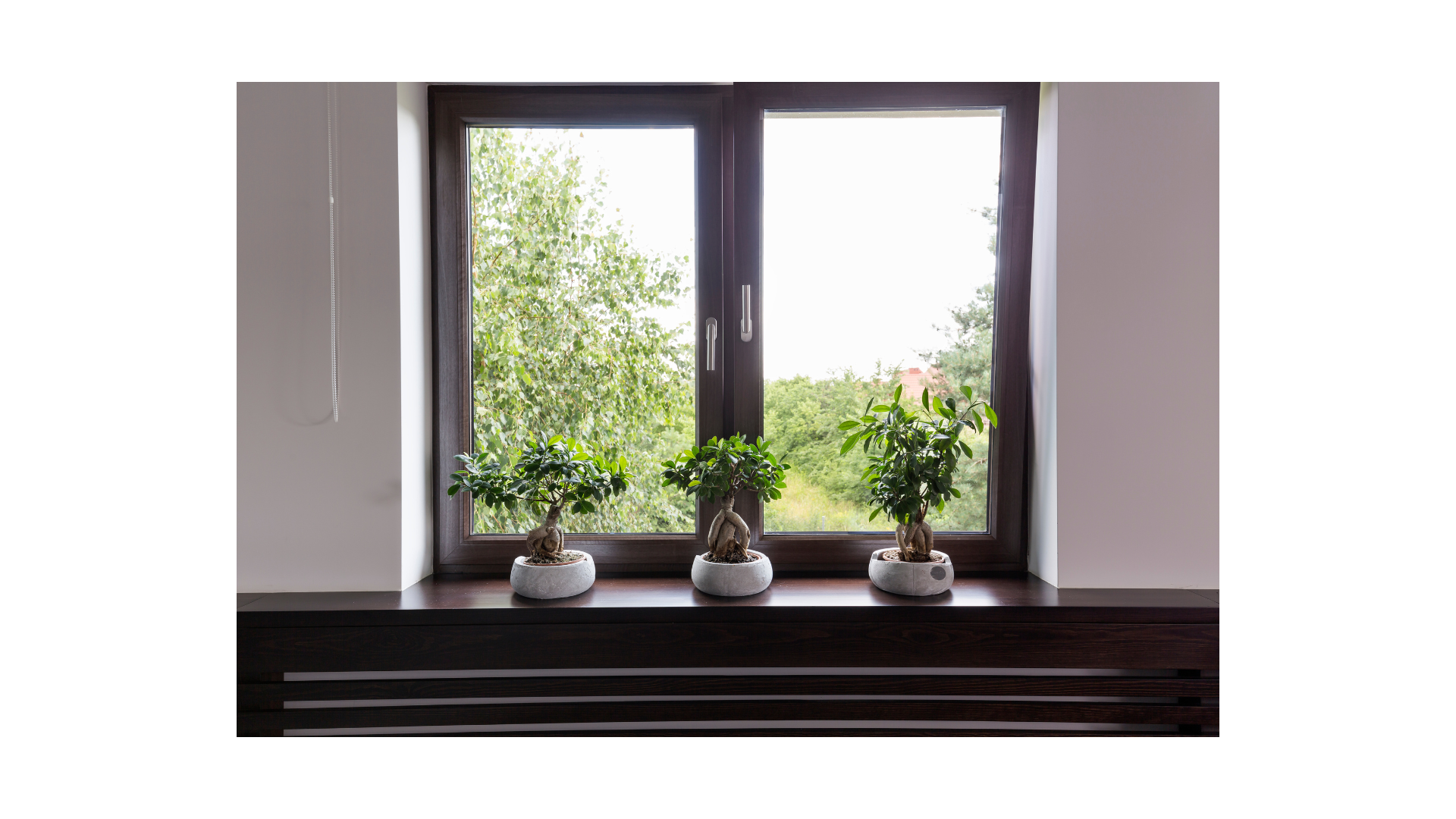
The Environmental Benefits of Replacement Windows
In an age where environmental consciousness is no longer a niche concern but a global imperative, every decision regarding our homes and buildings holds significant weight. From energy-efficient appliances to sustainable construction materials, individuals and industries alike are seeking ways to minimize their carbon footprint and preserve the planet for future generations. Among the myriad of eco-conscious choices available, one often overlooked yet impactful solution lies in the realm of replacement windows. In this blog post, we delve into the environmental benefits of replacement windows, exploring how these seemingly small upgrades can make a substantial difference in reducing energy consumption, cutting greenhouse gas emissions, and ultimately contributing to a more sustainable future. From enhanced insulation properties to the utilization of eco-friendly materials, replacement windows offer a multifaceted approach to environmental stewardship that resonates with homeowners, architects, and environmental advocates alike.
How Replacement Windows Can Help Save the Planet
In the face of climate change and environmental degradation, individuals and industries alike are seeking ways to reduce their carbon footprint and minimize their impact on the planet. One often-overlooked avenue for environmental stewardship lies in the seemingly mundane feature of our homes: windows. While they may appear insignificant, windows play a significant role in energy consumption, indoor comfort, and overall environmental sustainability. In this blog post, we’ll delve into the environmental benefits of replacement windows and explore how upgrading this essential element of your home can contribute to saving the planet.
Energy Efficiency: The Foundation of Sustainability
Replacement windows offer superior energy efficiency compared to their older counterparts. By minimizing heat transfer and air leakage, energy-efficient windows help regulate indoor temperatures, reducing the need for heating and cooling. This translates into lower energy consumption and decreased reliance on fossil fuels, ultimately mitigating greenhouse gas emissions and combating climate change.
Cutting Carbon Emissions, One Window at a Time
The energy saved through the use of replacement windows directly correlates to a reduction in carbon emissions. By investing in windows with high thermal performance ratings, homeowners can significantly lower their carbon footprint and contribute to global efforts to combat climate change. It’s a small change with a big impact.
Sustainable Materials: Choosing Wisely for the Planet
Opting for replacement windows made from sustainable materials further enhances their environmental credentials. Materials such as responsibly sourced wood, recycled aluminum, and vinyl produced with minimal environmental impact help conserve natural resources and reduce the carbon footprint of window manufacturing processes.
Reducing Waste Through Upcycling and Recycling
The replacement of windows presents an opportunity to minimize waste through responsible disposal and recycling of old materials. Rather than ending up in landfills, old windows can be repurposed or recycled, diverting valuable resources from the waste stream and minimizing environmental harm.
Improved Indoor Air Quality and Healthier Living Spaces
Beyond energy savings, replacement windows contribute to improved indoor air quality by reducing drafts, moisture buildup, and the infiltration of outdoor pollutants. This not only enhances the comfort and well-being of occupants but also reduces the need for artificial ventilation systems, further conserving energy.
The Sustainable Choice: Why Replacement Windows Matter
In an era marked by growing environmental consciousness, every decision we make regarding our homes carries significant weight. While the term “sustainability” often conjures images of renewable energy and eco-friendly products, one crucial yet often overlooked aspect of sustainable living is the humble window. In this blog post, we’ll explore why replacement windows are a sustainable choice and why they matter in the broader context of environmental conservation and responsible living.

Conserving Energy, Preserving Resources
Replacement windows play a pivotal role in conserving energy and reducing our carbon footprint. By investing in windows with enhanced insulation properties and reduced air leakage, homeowners can minimize the need for artificial heating and cooling, thus lowering energy consumption and preserving finite natural resources.
Mitigating Greenhouse Gas Emissions
Energy-efficient replacement windows contribute directly to the reduction of greenhouse gas emissions associated with residential energy use. By optimizing thermal performance and reducing reliance on fossil fuels for heating and cooling, these windows help mitigate climate change and its adverse effects on the environment.
Embracing Sustainable Materials and Manufacturing Processes
Opting for replacement windows crafted from sustainable materials further reinforces their environmental credentials. Whether it’s responsibly sourced wood, recycled aluminum, or low-impact vinyl, choosing eco-conscious materials reduces the ecological footprint of window manufacturing and supports a more sustainable supply chain.
Reducing Waste through Responsible Disposal
The replacement of windows presents an opportunity to minimize waste through responsible disposal practices. Rather than sending old windows to landfills, homeowners can explore options for recycling or upcycling, diverting materials from the waste stream and minimizing environmental harm.
Enhancing Indoor Comfort and Air Quality
Beyond energy savings, replacement windows contribute to improved indoor comfort and air quality. By minimizing drafts, reducing moisture buildup, and preventing the infiltration of outdoor pollutants, these windows create healthier living environments for occupants while reducing the need for artificial ventilation systems.
The Environmental ROI of Replacement Windows: Beyond Energy Savings
When it comes to home improvements, the environmental return on investment (ROI) of replacement windows extends far beyond mere energy savings. In this blog post, we’ll explore the often-overlooked environmental benefits of upgrading your windows and why they matter in the broader context of sustainability.
- Reduced Carbon Footprint: Replacement windows contribute to a significant reduction in carbon emissions by minimizing energy consumption for heating and cooling.
- Sustainable Materials: Opting for windows made from sustainable materials supports eco-friendly manufacturing practices and reduces environmental impact.
- Waste Reduction: Responsible disposal of old windows through recycling or upcycling minimizes waste sent to landfills, furthering environmental conservation efforts.
- Improved Indoor Air Quality: Energy-efficient windows enhance indoor comfort while reducing the need for artificial ventilation, promoting healthier living spaces.
Conclusion
EZ Window Solutions of Akron stands as a testament to the significant environmental benefits of replacement windows. Through their commitment to providing high-quality, energy-efficient window solutions, they contribute to reducing carbon footprints and conserving energy resources. By offering products that enhance insulation and decrease reliance on artificial heating and cooling systems, EZ Window Solutions not only improves the comfort and aesthetics of homes but also plays a vital role in fostering sustainability. Their dedication underscores the importance of eco-conscious choices in the pursuit of a greener, more environmentally-responsible future.


Write a Comment